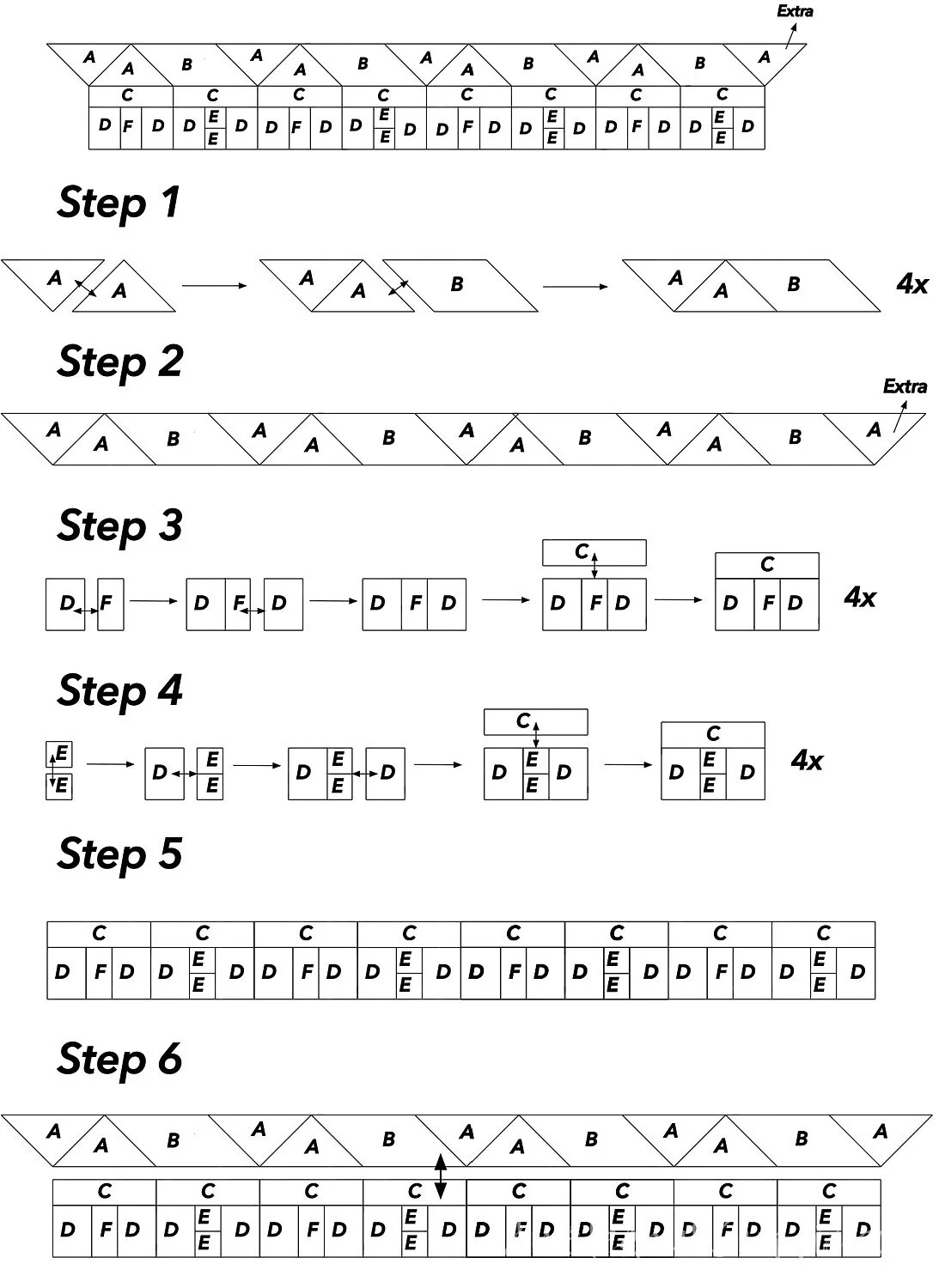My foot on the pedal
Whilst my super-clever sewing machine was having a city break in Birmingham, I thought I’d get my little 1630 working. I had seen a small project on the Bernina blog with the perfect sentiment for a lockdown project and I thought that I’d give it a go. I had all the materials on hand already - what was I waiting for?
Of course, the creative muse appeared just as we had one or two plans. Having not ventured out much at all in the last 114 days, in the last week I’ve had several meetings online, we’ve had a lovely evening with neighbours and friends for socially distanced drinks and lunch with friends in Cheltenham. The original intention there was to have a picnic, but the weather forecast was so dire that we sat at opposite ends of the dining table instead. Then, on Sunday, we drove up to London and enjoyed a lovely afternoon with Amy and Edward, celebrating my Hero’s birthday, which was yesterday. Today, we’re at home again, back in our quiet routine and feeling slightly discombobulated by the social whirl of the last few days.
Anyway, in the odd half hour somewhere in all of that, I downloaded and printed off instructions, cut pieces ready and began to sew. The joy of my little machine was immediately apparent = put my foot on the pedal and it takes off straight away…it doesn’t hum and whirr, it just sews. For a project like this with lots of very short seams, that’s perfect.
The instructions in that blog post were very comprehensive and I had no trouble following them. But my downfall in piecing patchwork is the accuracy. I have no excuses - I have the right kit in the form of accurate rulers, sharp cutting tools, a straight stitch plate for the machine and a quarter-inch foot to get the seams accurate. And yet…
This was going to be my test. I gave myself a stern talking to and reminded myself that this was a small, simple project and I would take my time and get it right.
I found an odd couple of hours to sew and put together the first line of houses. Oh dear. The corners were not so good…I hadn’t done a very good job of matching the points precisely. Worse than that, I’d sewn the pieces together in the wrong order…the white wall with the window was supposed to match with the white gable end of the house. Oh, for goodness sake!!
I came clean in a zoom conversation with a group of my students and my colleague Marion, who happens to be a patchwork and quilting ace. They all recognised that one problem was that the roof pieces had a bias edge which would stretch - no wonder that went out of alignment. They had no answers to my stupid error of sewing the pieces in the wrong order and were far too polite to comment further on that, for which I was grateful. My thoughts about a “better way” were supported by them all - foundation piecing would be more accurate and a failsafe method for “someone like me”.
First, I had to draw the pattern out accurately to the correct size. No problem - we have the tools here, though it’s a few years since I used a protractor and a set square. Still I managed to draw the shapes and realised as I did that the slightest error - the thickness of the pencil, say - made all the difference when it came to joining those pieces together. Maybe I’d use my computer after all.
In a tenth of the time it had taken me to draw those patterns, I had used a drawing program to construct the pattern and printed several copies, ready to use.
It’s a few years since I did any foundation piecing and in the intervening time, I’d forgotten the seven deadly sins of paper piecing. Today, as I sewed the first line of houses together, I’m sure I committed every one of them. In fact, I probably invented a couple more.
But the first line of houses is done. The accuracy is acceptable - I won’t say perfect, but it’s certainly better than the last go.
Tomorrow, I’ll have a go at sewing the diagonal seams for the gable ends, roofs and the sky. I will try to get the colours in the right order this time.
Did I say this was a quick and easy project?






















